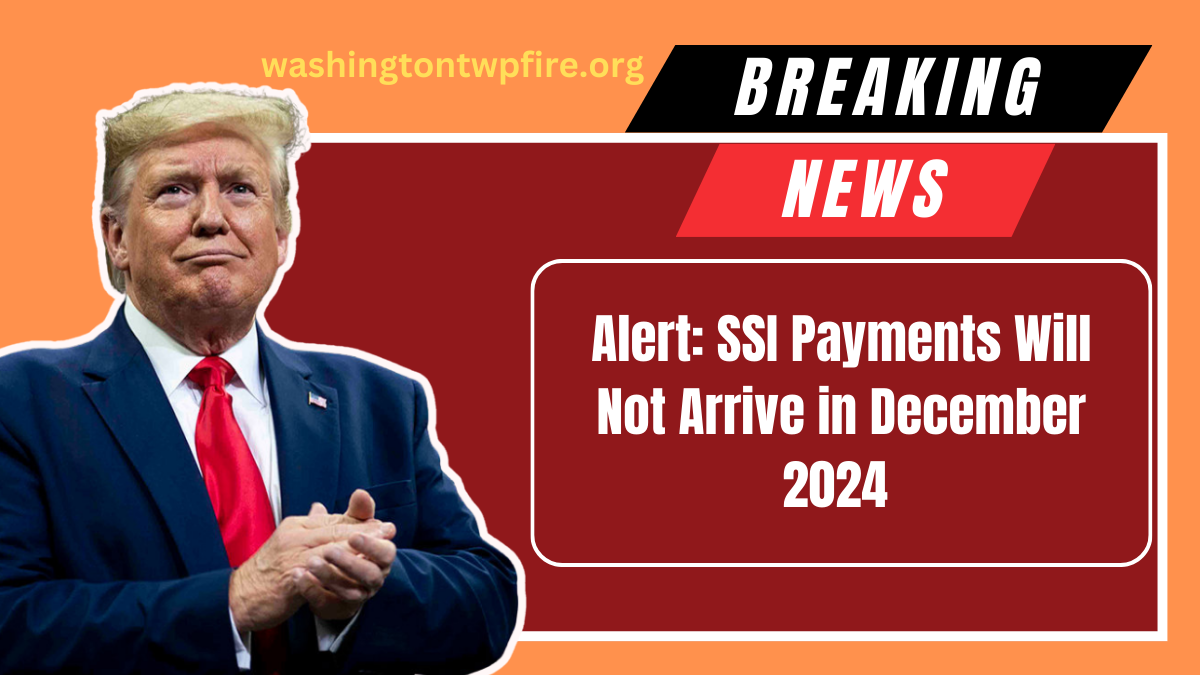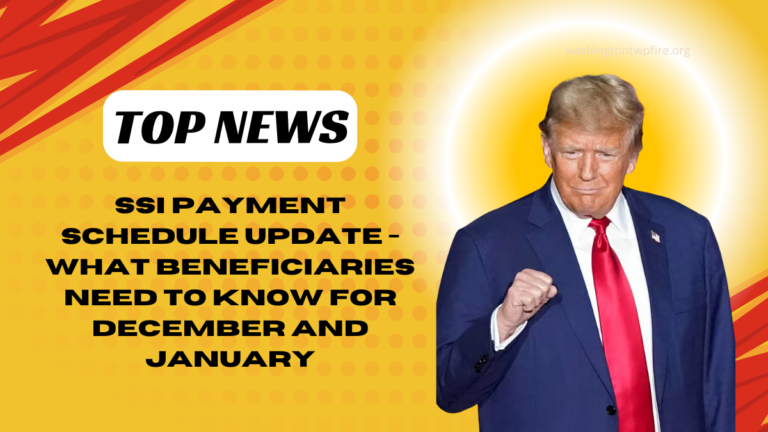Supplemental Security Income (SSI) recipients should be aware of a significant change in the payment schedule for December 2024. Due to the first of the month falling on a Sunday, the Social Security Administration (SSA) will disburse December’s SSI payments on November 29, 2024. Consequently, there will be no SSI payment issued in December. This adjustment necessitates careful financial planning to ensure that beneficiaries can manage their expenses effectively during the holiday season.
Understanding the SSI Payment Schedule Adjustment
The SSA typically issues SSI payments on the first of each month. However, when the first falls on a weekend or federal holiday, payments are advanced to the last business day of the previous month. In 2024, December 1 is a Sunday, prompting the SSA to move the payment date to Friday, November 29. As a result, beneficiaries will receive two payments in November—one on November 1 and another on November 29—and none in December.
Impact on Beneficiaries
Receiving two SSI payments in November may lead to confusion and potential budgeting challenges for beneficiaries. It’s crucial to recognize that the November 29 payment is intended for December’s expenses. Without this understanding, recipients might inadvertently spend the funds prematurely, leading to financial shortfalls in December. Therefore, careful budgeting is essential to ensure that funds last throughout the month.
Strategies for Effective Budgeting
To navigate this payment schedule change successfully, consider the following strategies:
- Create a Detailed Budget: Outline all expected expenses for December, including rent, utilities, groceries, and holiday-related costs. Allocate the November 29 payment to cover these expenses.
- Set Aside Funds: Deposit the November 29 payment into a separate account or earmark it specifically for December’s expenses to avoid unintentional spending.
- Seek Financial Counseling: If managing the adjusted payment schedule seems challenging, consult with a financial advisor or counselor for personalized guidance.
Upcoming Payment Schedule
It’s important to note that similar adjustments will occur in the future. For instance, the SSI payment for January 2025 will be issued on December 31, 2024, due to January 1 being a federal holiday. Staying informed about these changes will aid in effective financial planning.
| Month | Payment Date | Reason for Adjustment | Next Payment Date | Notes |
|---|---|---|---|---|
| November 2024 | November 1 and November 29 | December 1 is a Sunday | December 31, 2024 | No payment in December 2024 |
| December 2024 | No payment | Payment advanced to November 29 | December 31, 2024 | January 2025 payment issued early |
| January 2025 | December 31, 2024 | January 1 is a federal holiday | February 1, 2025 | Regular schedule resumes |
| February 2025 | February 1, 2025 | Regular schedule | March 1, 2025 | Regular schedule |
In conclusion, the adjustment in the SSI payment schedule for December 2024 requires beneficiaries to exercise diligent financial planning. By understanding the reasons behind the change and implementing effective budgeting strategies, recipients can ensure financial stability during the holiday season and beyond.
FAQs
Why is there no SSI payment in December 2024?
The SSA is advancing the December 2024 SSI payment to November 29 because December 1 falls on a Sunday. As a result, there will be no payment issued in December.
How should I manage the two payments received in November?
The payment received on November 29 is intended for December’s expenses. It’s advisable to set aside this payment specifically for December to avoid financial shortfalls.
Will this adjustment affect my benefit amount?
No, the total annual benefit amount remains the same. The adjustment only affects the timing of the payments, not the amount.
Where can I find more information about SSI payment schedules?
Detailed information is available on the SSA’s official website, which provides calendars and notices regarding payment schedules.
What should I do if I have difficulty managing my finances due to this change?
Consider seeking assistance from a financial advisor or counselor who can provide personalized budgeting strategies to help manage the adjusted payment schedule effectively.







